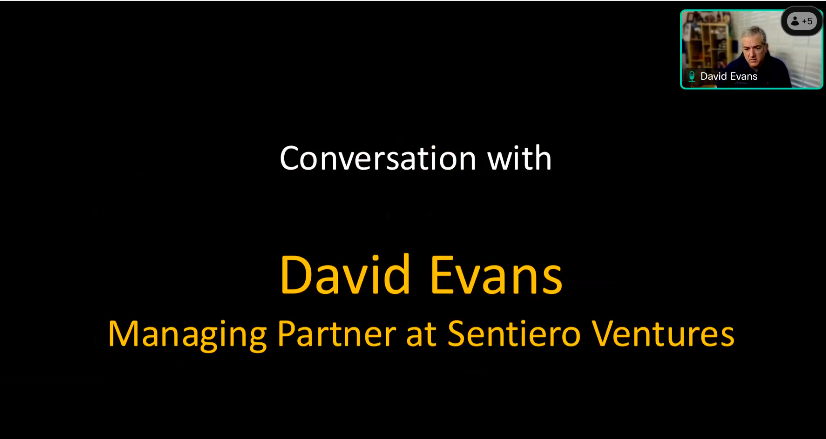691st 1Mby1M Entrepreneurship Podcast with David Evans, Sentiero Ventures
David Evans, Managing Partner at Sentiero Ventures, discusses his firm’s AI investment thesis.
Podcast: Play in new window | Download
Subscribe: Apple Podcasts | Android | Google Play | Stitcher | TuneIn | RSS
Featured Videos
The Accelerator Conundrum: Equity Preservation

Let’s address what is, perhaps, the single most critical advantage of a model like 1Mby1M over the traditional accelerator: equity preservation.
In the world of startups, your equity is your wealth, your control, and your ultimate payoff.
>>>691st 1Mby1M Roundtable Recording
In case you missed it, you can listen to the recording of this roundtable here:
Video FAQs
Can 1M/1M Help Me Raise Money?
How Does 1M/1M Democratize Entrepreneurship Education?
How Does 1M/1M Democratize Management Consulting?
When Is The Right Time To Join 1M/1M?
Can 1M/1M Help Me With Business Development?
Can 1M/1M Help Me With Market Sizing?
Can 1M/1M Help Me Validate My Product?
Will I Have Private 1-on-1 Sessions In 1M/1M?
How Does 1M/1M Help Entrepreneurs Connect With Silicon Valley?
Mentoring or Consulting?
Why Does 1M/1M Charge $1000 a Year?
Why Does 1M/1M Partner With Local Organizations?
Why Don\’t Mentoring Networks Work?
Why Is It Important To Study With 1M/1M Now?
Dan Stewart Story
Vikrant Mathur Story
Roundtable Recap: June 26 – AI Investment Thesis with David Evans, Sentiero Ventures

During this week’s roundtable, we had David Evans, Managing Partner at Sentiero Ventures, discussing his firm’s AI investment thesis.
Espotz
As for entrepreneur pitches, up first we had Parshavv Jain from Ontario, Canada, pitch espotz.
Inflahormony
Next, we had Yamini Bynagari from San Ramon, California, pitch Inflahormony.
Void
Then we had Venkat Kalyan from Brisbane, Australia, pitch Void.
We also had extensive discussion on equity versus non-equity accelerators. If this topic interests you, please follow my blog series The Accelerator Conundrum.
You can listen to the recording of this roundtable here:
The Accelerator Conundrum: Continuity, Not Cohort

Having exposed the limitations of the fixed-term, location-bound accelerator “cohort,” it’s crucial to highlight another defining strength of the 1Mby1M model: its emphasis on a continuity. It fundamentally alters the quality and longevity of the guidance and support you receive.
>>>1Mby1M Virtual Accelerator AI Investor Forum: Warren Packard, AI Fund (Part 5)
Sramana Mitra: Let me point out a couple of things that I’m hearing here that are going to be really interesting for our audience. Number one is, AI is calling to question pricing in enterprise software right now in a big way, right?
>>>Cloud Stocks: Analysis of Zscaler’s Red Canary Acquisition

According to a recent report, the global cybersecurity market is projected to grow at 13% CAGR from $245.62 billion in 2024 to $500.70 billion by 2030. This surge is fueled by the increased adoption of smart devices and the widespread deployment of cloud services that require advanced security solutions. Cloud security provider Zscaler’s (NASDAQ: ZS) recent quarterly performance that outpaced market expectations. The company continues to expand its AI offerings through acquisitions.
>>>Ownership Still Matters

Ownership matters. If you end your startup journey with a $50 million exit and own 60% of the company, you make $30 million dollars. But if you have raised a ton of money and own just 5%, you need a $600 million exit to make that same $30 million. Much harder to get to.
